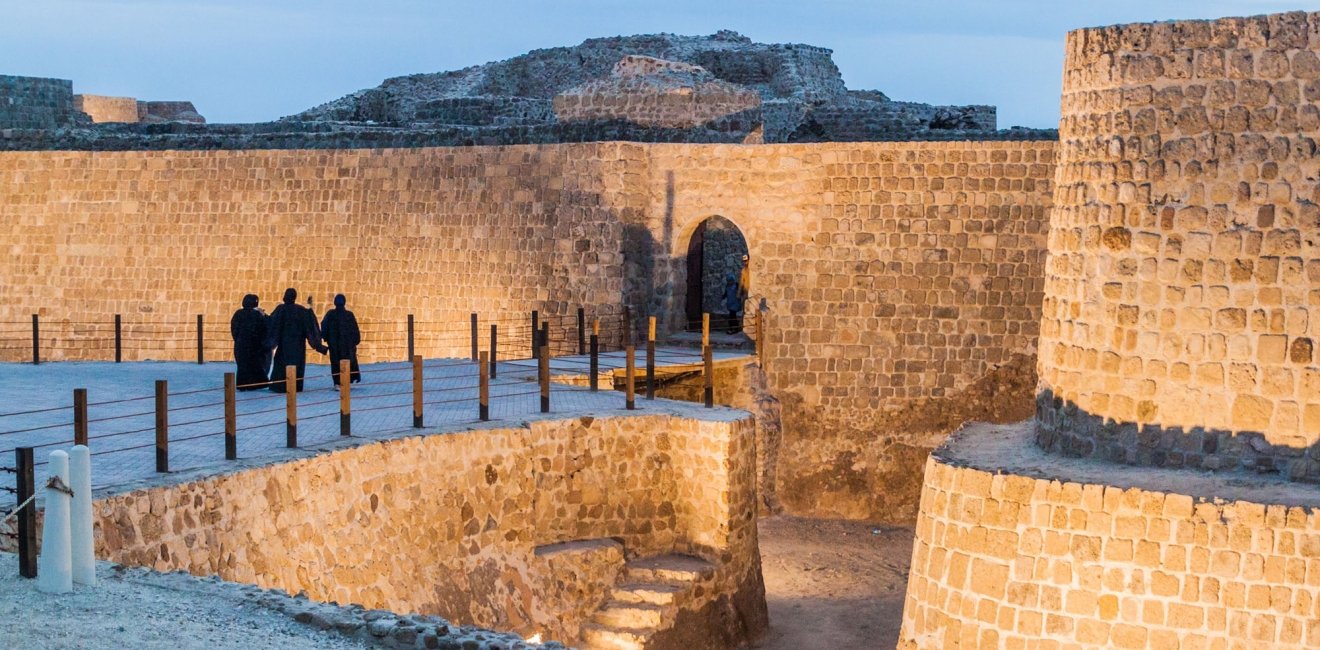
A blog of the Middle East Women's Initiative
This law represents a lifeline for a rapist to escape his crime, especially in light of the fact that in most cases, women are forced by their family to marry their rapist in fear of "shame" or “dishonor” among social circles.
Bahrain is making good progress on the level of empowering women, thanks to the civic activism of women who work tirelessly for political, economic, and social equality. While there the government understands the necessity of empowering women, it can still do a lot more to encourage women and achieve more justice and equality.
Among the most prominent issues that concern women’s rights and equality in Bahrain is Article No. (353) of the Penal Code of 1976, which exempts those who commit rape from punishment if they marry their victim. Sadly, there are similar laws in other parts of the region. This article requires that “a person who commits one of the crimes stipulated in the previous articles (which are crimes of rape and assault on honor) shall not be sentenced to any punishment, if a valid marriage is concluded between him and the victim. Its criminal consequences are over." This law represents a lifeline for a rapist to escape his crime, especially in light of the fact that in most cases, women are forced by their family to marry their rapist in fear of "shame" or “dishonor” among social circles.
Further, women continue to be deprived of their right to grant their Bahraini nationality to their children, as men do. This discrimination continues to have adverse effects on families. When it comes to women’s political participation, while women can exercise their political right to run for elections, some restrictions remain in place that make it cumbersome for women in opposition movements to run. These challenges Bahraini women face on the legal and political front are crucial to resolve in order for women in Bahrain to enjoy the equality stipulated in the constitution.
In this regard, the newly formed Gender Policy Council led by the Biden-Harris administration can play an important role in working with their allies to implement general political reforms that will include women by opening the way for civil society and to reform restrictive legislation that discriminates against women. This is what we need in Bahrain: "fair" laws that promote equality.
Author

Owner, One Frame Production Company; Journalist

Middle East Program
The Wilson Center’s Middle East Program serves as a crucial resource for the policymaking community and beyond, providing analyses and research that helps inform US foreign policymaking, stimulates public debate, and expands knowledge about issues in the wider Middle East and North Africa (MENA) region. Read more


Middle East Women's Initiative
The Middle East Women's Initiative (MEWI) promotes the empowerment of women in the region through an open and inclusive dialogue with women leaders from the Middle East and continuous research. Read more

Explore More in Enheduanna
Browse Enheduanna
Women are the Catalysts for Change in Lebanon

How Education Can Empower Young Women in MENA


